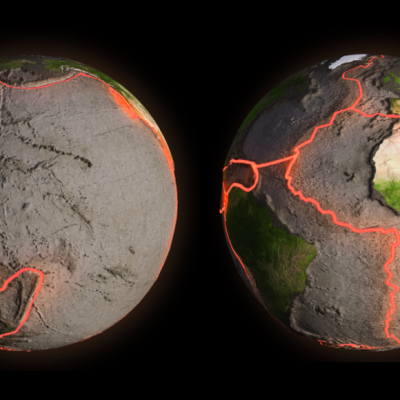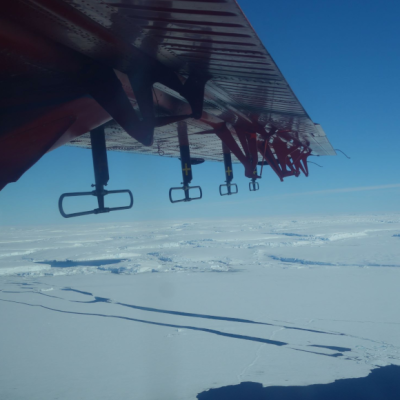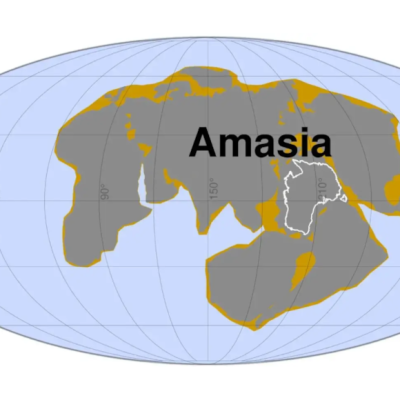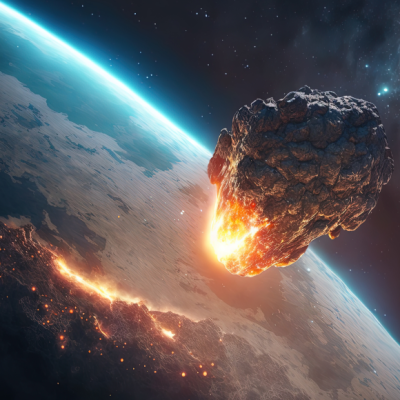A recent study published in the journal Terra Nova suggests that the Kerguelen Plateau in the southern Indian Ocean may contain the embryo of a new continent. The Earth’s crust is made up of two main types of rock: silicate-rich granite, which forms continents and mountains, and heavy basalt, which forms the thin oceanic plates. While the origin of the Earth’s crust has been a topic of debate among geologists, two theories have emerged: the first suggests that the crust formed through the process of plate tectonics, while the second proposes that embryonic continents formed in parts of the oceanic crust, particularly in oceanic plateaus.
The Kerguelen Plateau, located above a volcanic hotspot, is one such plateau that may contain the basis for a new continent. Researchers from the University of Toulouse analyzed rock samples from the South Rallier du Baty Intrusive Complex (SRBIC), a syenite formation found in the southwest of the Kerguelen Archipelago. Syenite is a felsic plutonic rock that is typically found in continental crust, making its presence in the oceanic crust a significant discovery. According to Léandre Ponthus, one of the study’s authors, the SRBIC has “features of a continental plutonic complex embedded in the oceanic crust,” suggesting the presence of a continent embryo.
If confirmed, this discovery would support the theory that new continents can form on oceanic plates, and not just through the process of plate tectonics. The Kerguelen Plateau may hold the key to understanding the origin of the Earth’s crust and the formation of new continents.










